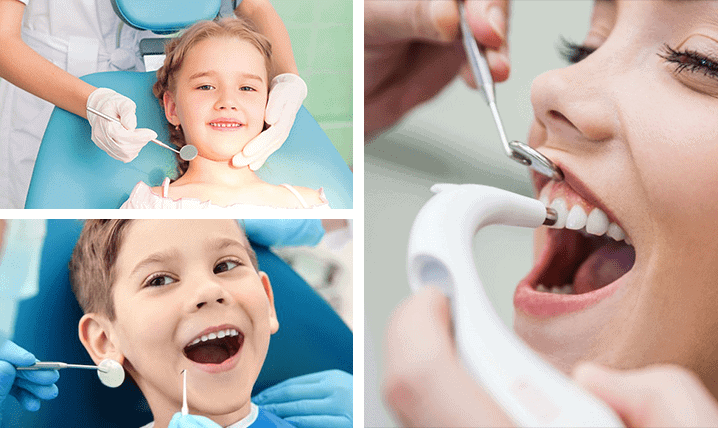When it comes to dental hygiene and oral health, it’s essential to ensure that you get regular dental cleanings. Regular dental cleanings can help keep your teeth and gums in great shape and can also help prevent cavities and bad breath. But how often should you get a dental cleaning?
In this blog article, we’ll discuss why dental cleanings are essential, the benefits they can offer, signs that you should get a dental cleaning, how to maintain good oral care habits, and how often you must get a dental cleaning.
Why Dental Cleaning is Important
Dental cleanings are crucial because they help remove tartar and plaque buildup that can lead to tooth decay and gum disease. Plaque buildup and tartar can cause bad breath and lead to cavities if not removed. A regular dental cleaning can help remove this buildup, and it can help keep your teeth and gums healthy and strong.
In addition to removing plaque and tartar buildup, dental cleanings can also help detect any early signs of oral diseases or conditions. During teeth cleaning, your dentist will examine your teeth and gums and will be able to spot any potential problems or signs of infection or decay. It allows your dentist to treat any issues before they become more serious.
Signs That You Need a Dental Cleaning
Even if you brush and floss regularly, it’s essential to get regular dental cleanings to keep your teeth and gums healthy. There are several signs that you may need a dental cleaning, including:
- Visible plaque or tartar buildup
- Chronic bad breath
- Sensitivity to hot or cold foods
- Gums that are swollen, red, or tender
- Pus around the gums
- Bleeding gums
If you find any of these signs, it’s crucial to schedule a dental cleaning as soon as possible.
How to Maintain Good Oral Care Habits
In addition to getting regular dental cleanings, it’s also essential to maintain good oral care habits. It involves brushing your teeth twice daily, flossing daily, and using mouthwash. Limiting sugary or acidic foods and drinks is also important, as these can damage your teeth and lead to cavities.
Other than these habits, you must see your dentist for regular checkups. During a checkup, your dentist will examine your teeth and gums and will be able to detect any potential problems or areas of concern. It allows your dentist to treat any issues before they become more serious.
How Often Should You Get a Dental Cleaning?
The American Dental Association recommends getting a dental cleaning at least once every six months. It helps to ensure that your teeth and gums stay healthy and that any potential problems or areas of concern can be detected and treated early.
If you have specific health conditions, such as diabetes, you may need dental cleaning more often. In case of any questions or concerns about how often you need to get a dental cleaning, it’s crucial to speak to your dentist.
Dental Cleaning in Ashfield, NSW, Australia
Our experienced and knowledgeable dentists in Ashfield provides comprehensive dental care services, including dental cleanings. We understand the importance of regular dental cleanings and strive to provide our patients with the best possible care.
We have a team of dentists and hygienists who will work with you to create a customised dental care plan that meets your needs and helps keep your teeth and gums healthy.
If you’re looking for dental cleaning in Ashfield, NSW, Australia, consider visiting Ashfield Dental Care. We look forward to helping you maintain good oral health and a beautiful smile!




